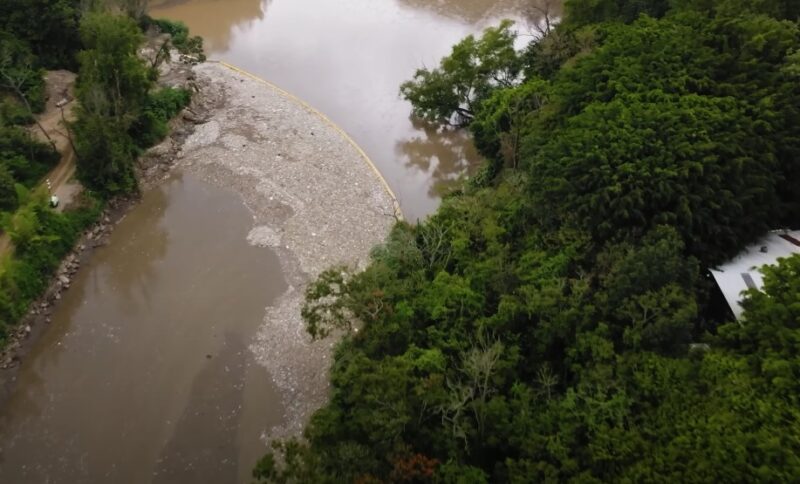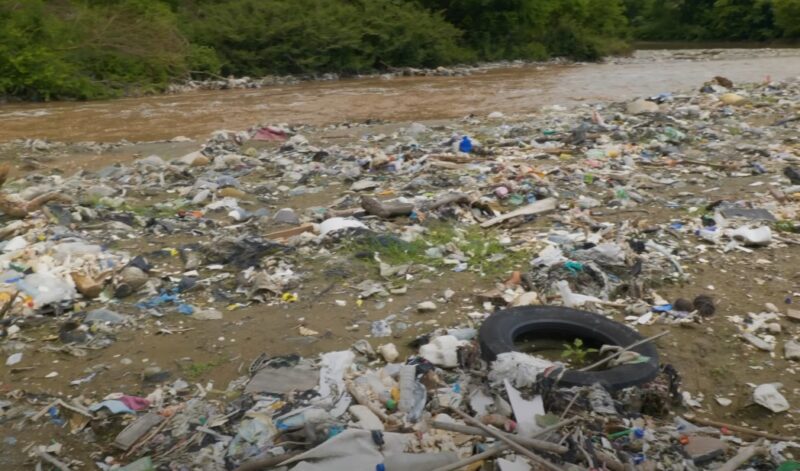Access to clean, safe drinking water is a fundamental human right, yet sadly, many communities in Guatemala continue to face significant challenges in securing this basic necessity. The country’s struggle with scarcity and quality issues has had a devastating impact on the health and well-being of its citizens.
In Guatemala, the lack of access to clean water has led to a range of health risks and challenges for communities across the country. Waterborne illnesses, such as diarrhea, cholera, and typhoid, have become increasingly prevalent, posing a serious threat to the population’s health.
Furthermore, the economic and social consequences of this crisis have been far-reaching, as families struggle to maintain their livelihoods and children miss out on educational opportunities due to water-related illnesses.
Key Takeaways
- The lack of access to clean water in Guatemala has led to a range of health risks and challenges for communities across the country.
- Waterborne illnesses, such as diarrhea, cholera, and typhoid, have become increasingly prevalent, posing a serious threat to the population’s health.
- The economic and social consequences of the crisis have been far-reaching, as families struggle to maintain their livelihoods and children miss out on educational opportunities.
- Various initiatives and solutions are being implemented to address the critical issue of water scarcity and quality in Guatemala.
- Addressing the crisis in Guatemala is crucial for improving the overall well-being and quality of life of its citizens.
The Devastating Impact of Lack of Clean Water in Guatemala

The lack of access to clean and safe water in Guatemala has had a profound impact on the health, economy, and social fabric of the country. This crisis has brought forth a myriad of challenges that communities must grapple with on a daily basis.
Health Risks and Challenges Faced by Communities
The prevalence of waterborne diseases, such as diarrhea, cholera, and typhoid, is a significant concern in Guatemala. These illnesses pose a grave threat to the wellbeing of the population, particularly vulnerable groups like children and the elderly. The strain on the healthcare system, as it struggles to provide adequate treatment and resources, further exacerbates the situation.
- Increased incidence of waterborne diseases like diarrhea, cholera, and typhoid
- Disproportionate impact on children and the elderly
- Overburdened healthcare system unable to meet the demand for treatment
Economic and Social Consequences
The lack of clean water has had a significant impact on the Guatemalan economy, with lost productivity and reduced economic opportunities. Additionally, the social consequences of the water crisis have been far-reaching, with marginalized communities bearing the brunt of the burden.
- Lost productivity due to illness, impacting economic growth
- Reduced economic opportunities and investment in affected regions
- Disproportionate impact on marginalized communities, exacerbating social inequalities
The devastating impact of the lack of clean water in Guatemala is a complex and multifaceted issue that requires immediate attention and a comprehensive approach to address the health, economic, and social challenges faced by communities across the country.
Initiatives and Solutions

Across Guatemala, various government agencies, non-profit organizations, and community-based programs are working tirelessly to address the critical issue of clean water access. These projects in Guatemala aim to improve the country’s infrastructure, increase the availability of safe, reliable drinking water, and promote sustainable water management practices. Also, read how many people have access to hot water globally.
One innovative initiative spearheaded by the Guatemalan Ministry of Environment and Natural Resources is the implementation of purification technologies in rural communities. These state-of-the-art systems use advanced filtration and disinfection methods to remove contaminants and ensure that it meet rigorous safety standards.
Furthermore, a growing number of organizations, such as the Rainwater Harvesting Association of Guatemala and the Guatemalan Red Cross, are promoting water harvesting systems as a sustainable way to address the water scarcity challenges in the region.
These innovative solutions allow households and communities to collect, store, and utilize rainwater, reducing their reliance on limited groundwater resources and providing a reliable, year-round source of clean water.

